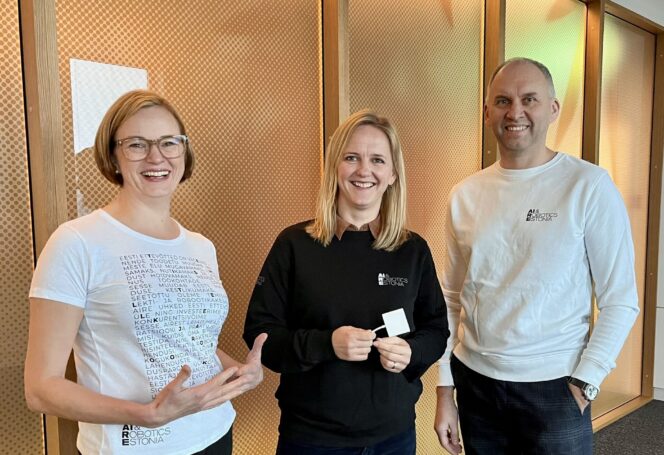Banking system is not yet completely out of the woods after the last financial crisis, but is already facing new problems – Millennials are coming of age and being totally different customers than their parents they have the power to disrupt banking system.
Financing system is going to change during the next decades, Johan Lorenzen, chief executive officer of Holvi, said at Finance Estonia conference on Wednesday. „We are approaching a perfect storm that will take banking through big changes,” said Lorenzen who had different arguments to back his opinion, one of them being human beings – people’s behaviours are changing and the primary driver of that are the Millennials, people born mainly in the 1990’s.
„They see everything as service. It’s a decade of good user experience and they also want to see that in banking,” Lorenzen said. In his opinion older generations are more likely to cast off brands or services they are not familiar with, but the younger generations are differently also in that aspect.
Lorenzen’s Holvi is Europe’s first digital current account with its own IBAN number and unique infrastructure. Holvi has a payment service provider license, which makes them independent from banks. Account can be opened online and should less than five minutes to get started. According to Lorenzen, at their website around 50% of account openings are done during the weekend. Or in other words – not during the usual banking hours. This also means that classical advertising doesn’t work on Holvi’s potential customers, instead 80% of their growth comes through communities. At the moment they grow around 6% a week and according to Lorenzen they could grow more as customers standing in line behind their door, being put in the waiting list.
Many of the customers are small businesses that employ 29% of European Union’s work force and create 85% of new jobs in the union. More and more of them are owned by the Millennials more than 70% of whom, according to Millennial Disrpution Index, would rather go and see a dentist than a banker. The same survey says that out of ten brands the Millennials like the least, four are banks. Every third Millennial believes they won’t need a bank at all. Some of them set up startups, claiming they need better banking services.
„They set up a Facebook page, they start blogging and tweeting, pitching their idea for investors. Somebody gives them 20,000 euros and then… nothing happens,” Linnar Viik, Information Technology Visionary said and asked – is Holvi a startup or a bank. „Will banks learn how to innovate or will startups become banks?”
„At the end of the day, you’ll have 100 banks and 10,000 startups. The guy who is going to win is the one who is willing to go first and fail,” Lorenzen replied, adding that banks are not so willing to take risks or trying out new things. „In the end you have to accept the risk – you’re developing a new business model and you have to be willing to fail.”

